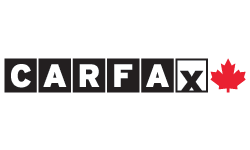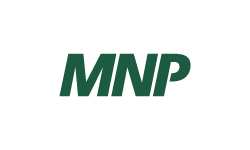By Blair Qualey
In the world of international trade, few industries are as tightly interwoven as the North American automotive sector. And right now, that fabric is being tugged apart with what appears to be a never-ending series of Tweets to announce policy directions and course-corrections by the US President – creating chaos and uncertainty for the industry and consumers.
With the United States recently announcing sweeping tariffs on imported vehicles, and Canada responding with countermeasures, auto dealers and industry workers across British Columbia and Canada are bracing for impact. Unfortunately, the overall picture remains complex and, frankly, chaotic, with the messaging from our Southern neighbours changing almost daily by way of a tweet for media statement.
The New Car Dealers Association of BC represents over 400 franchised new car dealers throughout the province, supporting more than 30,000 jobs and contributing $17 Billion in retail sales.
What we’re seeing across our industry is growing concern about cost, and about clarity. In a business where long-term planning is key, the unpredictability of this trade standoff is creating turmoil for consumers and dealers alike.
The Canadian auto sector is a cornerstone of our economy. It generated $51 billion in exports in 2023 alone, with over 90% of those exports heading south to the U.S. That kind of integration cannot be undone without consequences on both sides of the border.
As it currently stands, Canadian automobile companies that continue to manufacture vehicles domestically may be exempt from some of the retaliatory tariffs. However, even that comes with caveats: these exemptions are conditional on continued Canadian investment and production, and manufacturers are still working to determine how these rules will affect their operations.
What does this mean for BC consumers? It means that while some models may avoid major price spikes, others could see a tariff impact of up to 12.5%, as estimated by the Canadian Automobile Dealers Association (CADA). That number could go higher depending on how things unfold.
What is clear is that the industry and consumers need stability. This uncertainty lands at a difficult time. BC’s new car dealers have weathered the pandemic, chip shortages, supply chain gridlock, inflation, and economic turmoil before. And now, just as many were hoping for a return to something resembling normal, a trade war threatens to increase costs and constrain availability.
The NCDA has communicated, to the provincial government, steps that it could take to mitigate the impact. We have recommended consideration of a temporary PST holiday or reduction on new vehicle purchases to keep cars within reach for BC families; a pause on Zero Emission Vehicle mandate enforcement penalties, which could otherwise drive prices higher during a time of market instability; and an Adjustment of the Luxury Tax threshold, currently set at $55,000, a figure that now covers many standard family vehicles that are by no means a luxury item.
Our hope is that cooler heads will ultimately prevail, and we can come together and work towards collaborative solutions. In the meantime, we urge both policymakers and consumers to stay engaged, stay aware, and stay informed, because the road ahead is still under construction.
Blair Qualey is President and CEO of the New Car Dealers Association of BC. He can be reached at [email protected].










